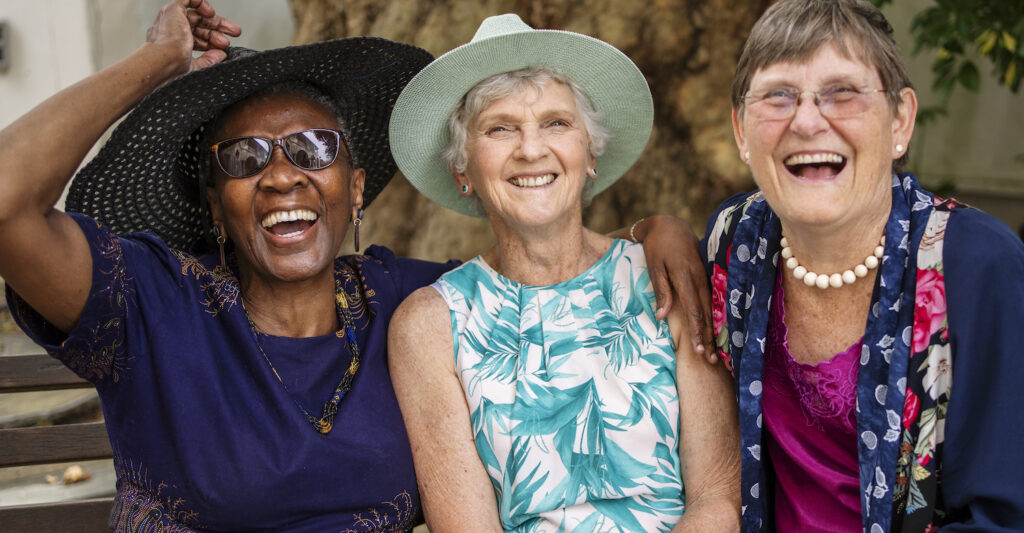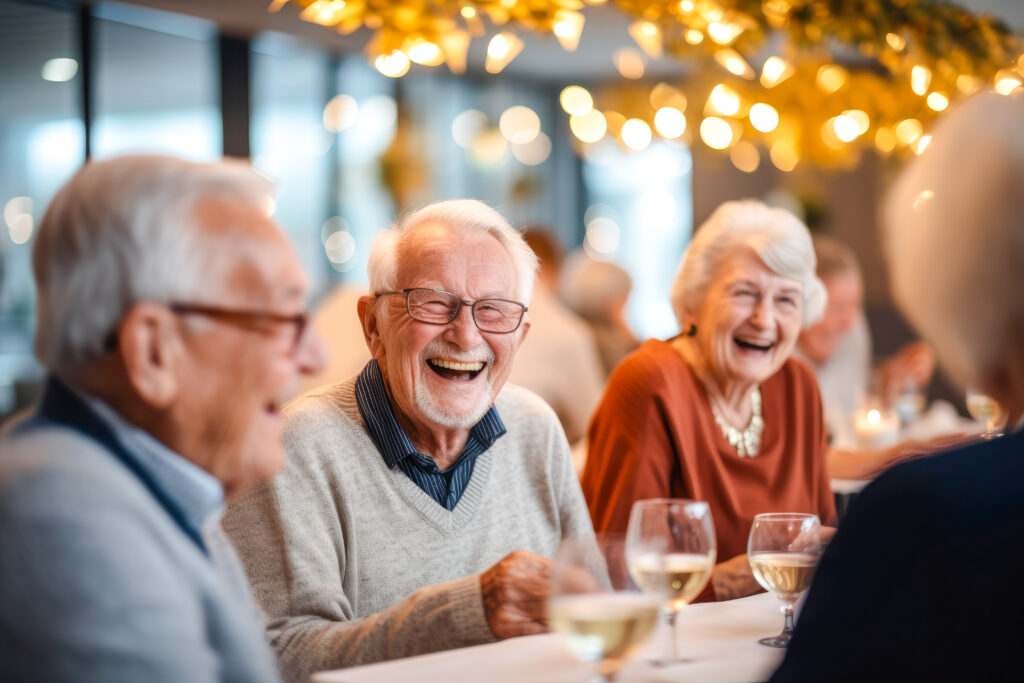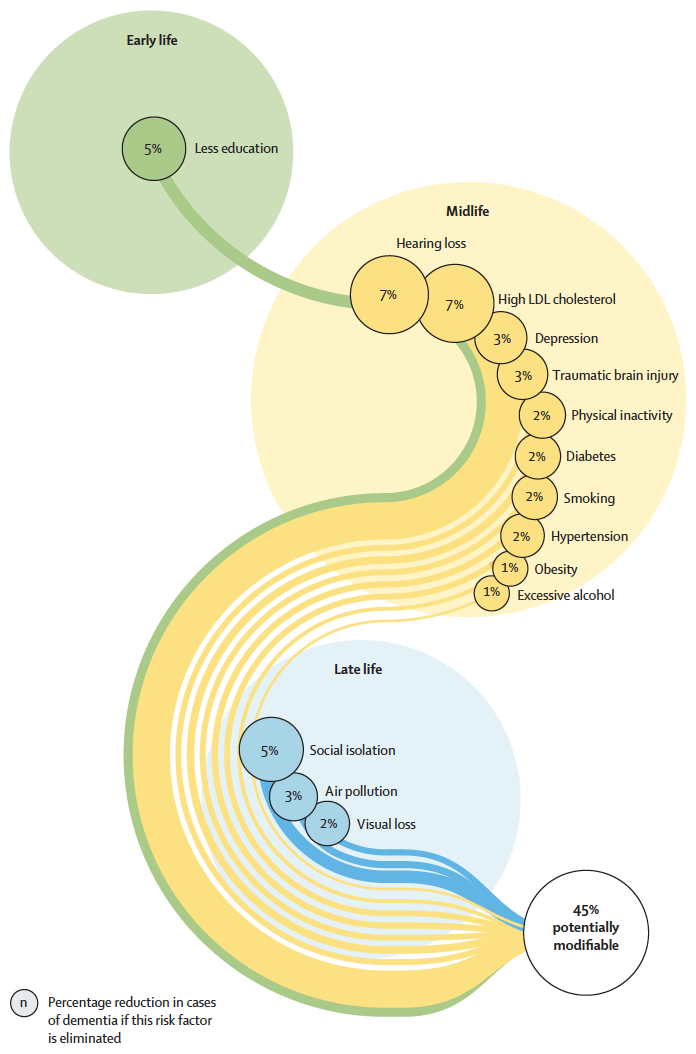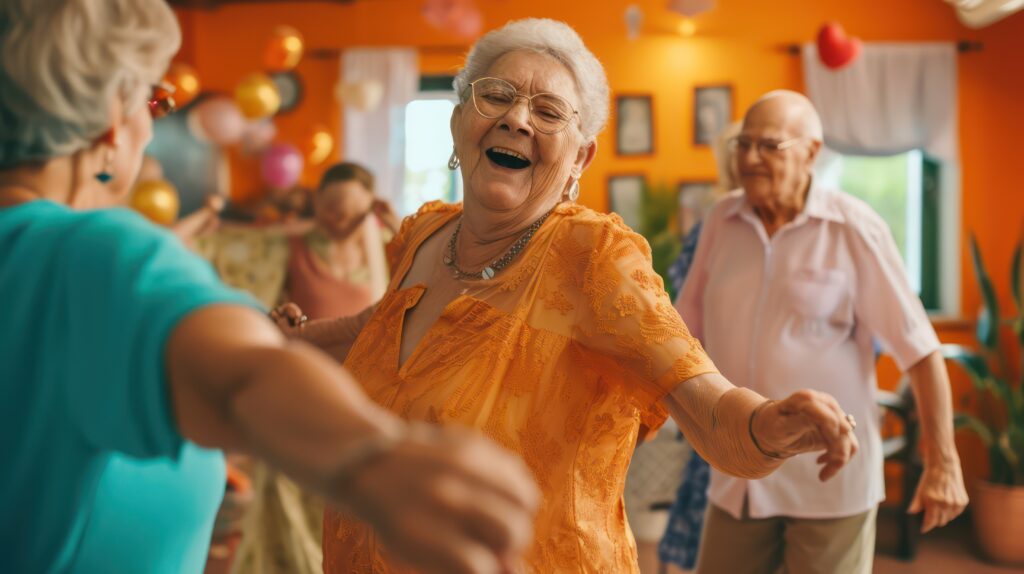
Can Social-Based Brain Training Help Residents with Brain Fog?
We all know the struggle: a resident expresses frustration about forgetfulness and a lack of mental clarity. They describe it as “brain fog” – that pesky feeling of muddled thinking and difficulty focusing. As activity leaders, we can offer solutions! New research suggests that brain training programs that incorporate social interaction might be just the tool to sharpen residents’ cognitive edge.
Brain Fog: Beyond a Senior Moment
Brain fog isn’t a specific diagnosis, but a collection of symptoms like forgetfulness, confusion, and concentration issues. It can be caused by various factors like stress, sleep deprivation, or even dehydration. While these “senior moments” are common, they can be a source of frustration for residents.
The Power of Social Connections
Here’s the exciting part: studies show staying socially connected significantly improves cognitive function and even reduces the risk of dementia. Research has found that social interaction stimulates the brain in unique ways compared to solo activities. This social stimulation strengthens existing neural pathways and creates new ones, leading to sharper thinking and improved memory.
Social-Based Brain Training: More Than Puzzles
Many brain training programs exist, but some stand out for their social focus. Consider TBH (Total Brain Health) classes as an example. These classes move beyond brain teasers and memory games. They create a space for residents to learn and socialize together. This social interaction is key – it provides cognitive stimulation while combating loneliness, a major risk factor for cognitive decline.
The Benefits of Experiential Learning
TBH classes are also experiential, meaning residents actively engage in the learning process. This hands-on approach makes learning fun and engaging, and research shows it improves information retention.
Empowering Residents with Memory Strategies
TBH classes go beyond just brain stimulation. They also teach practical memory strategies to help residents manage everyday forgetfulness. From organization tips to mnemonic devices, these strategies empower residents to manage their brain health and reduce those frustrating “senior moments.”
Building a Strong Brain Training Program
When designing or selecting a brain training program for your community, consider these key points:
• Science-backed: Is the program based on research and proven to improve cognitive function?
• Social Interaction: Does it encourage interaction and connection with others?
• Educational Empowerment: Does it teach residents strategies to manage their brain health outside of class?
• Experiential Learning: Is it hands-on and engaging, or just passive learning?
By prioritizing these aspects, you can create a program that combats brain fog, fosters social connection, empowers residents, and makes learning a joy!
Body Brain Fitness Diet Intellectual Health Lifestyle Memory Loss Mental Health Senior Living Social Engagement Thinking Skills Training



